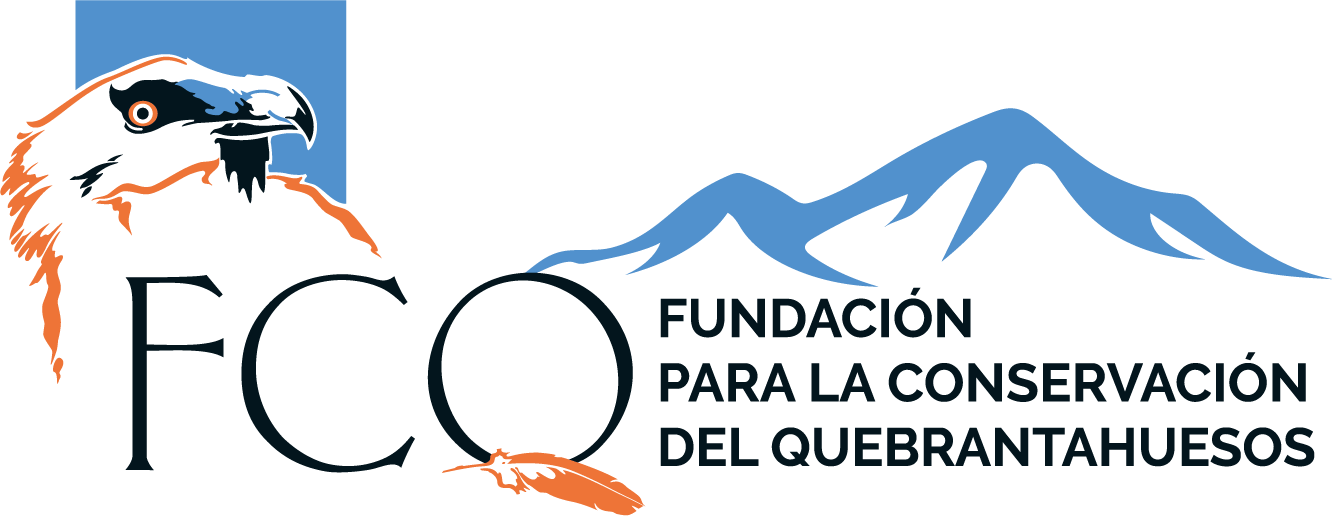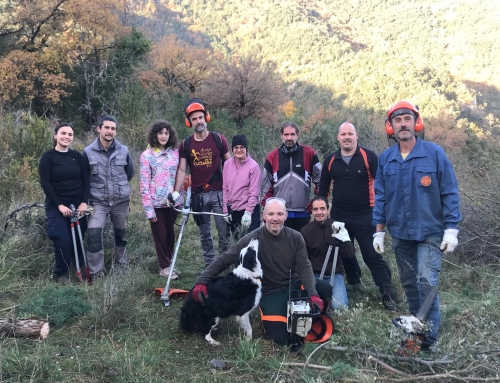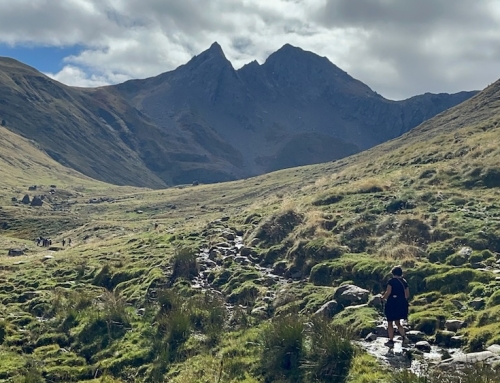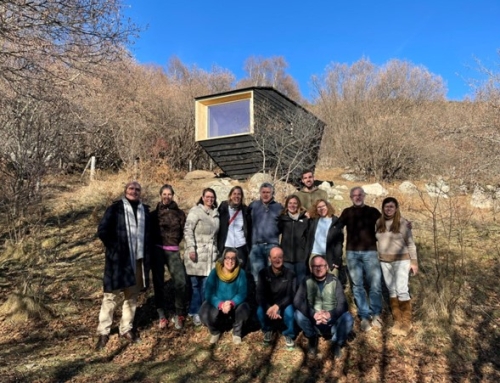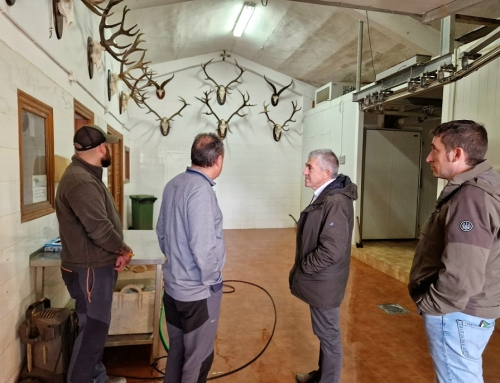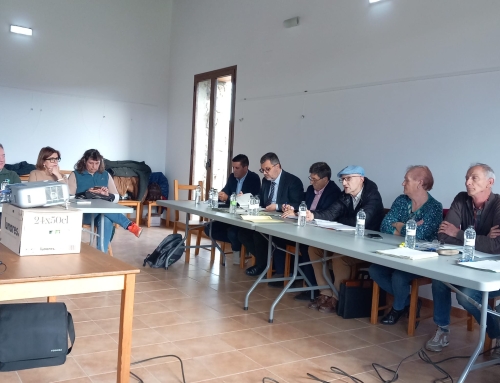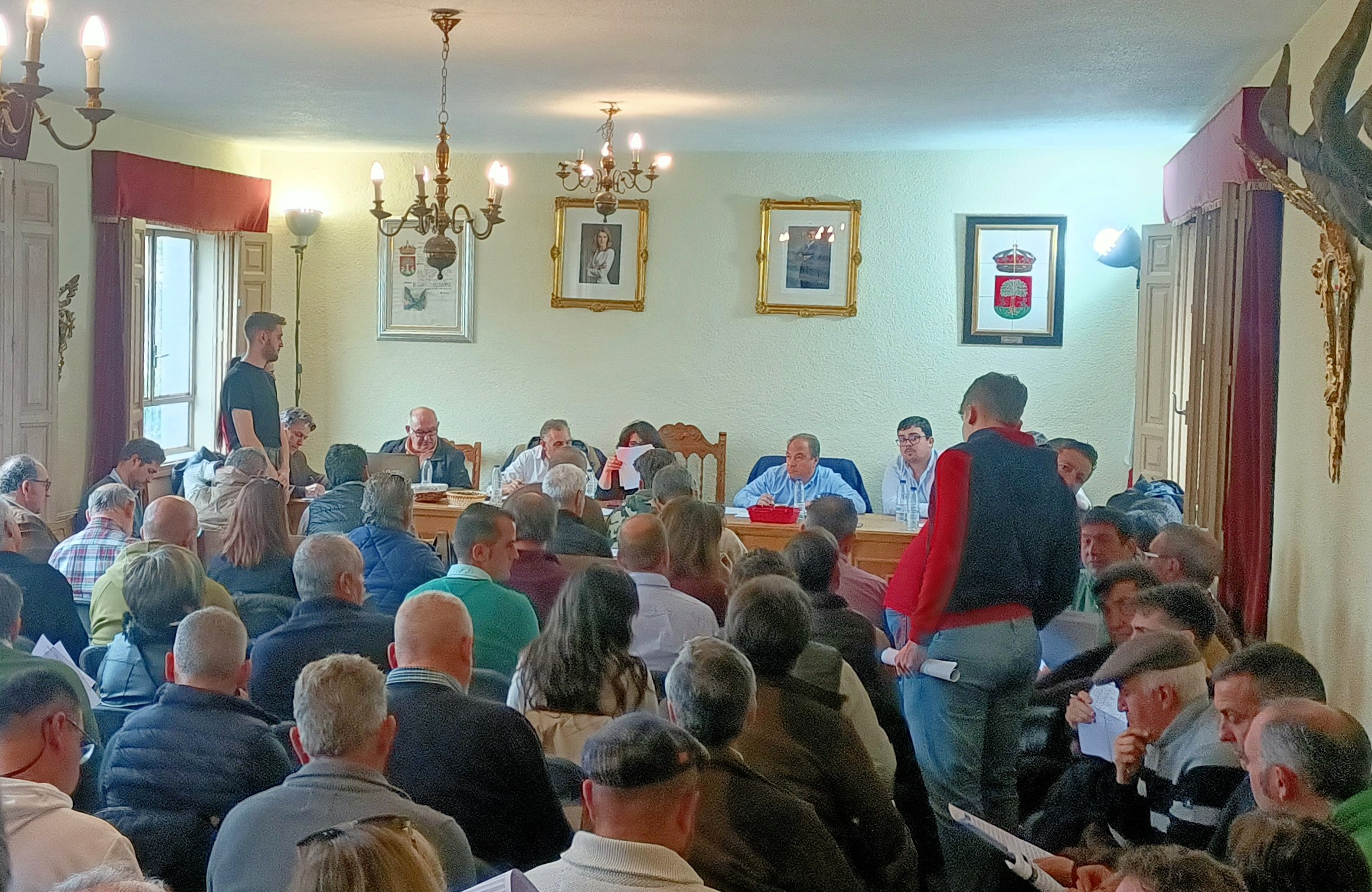
The Gredos Hunting Reserve takes the first step to stop using lead ammunition.
In their commitment to sustainability, reserve guards will stop using lead ammunition and the same will be recommended for ibex hunters.
On March 11, the annual auction of hunting lots of the Regional Hunting Reserve of Gredos (Ávila) took place in the mountain town of Cuevas del Valle (Ávila). The great novelty this year is that the reserve’s game wardens will begin to use lead-free ammunition, which will also be a recommendation for mountain goat hunters in stalking. The objective of this initiative is to move towards more sustainable hunting, a commitment of the Gredos Regional Hunting Reserve, which in 2009 was recognized by the International Hunting Council (CIC) when it was awarded the Edmon Blanc prize for sustainable hunting management. The end of the use of lead ammunition will prevent the dispersion of this pollutant in the environment, its passage into the food chain and thus avoid poisoning by ingestion of vultures and other necrophagous species. This may have a great impact on the necrophagous birds that inhabit the Sierra de Gredos, such as the bearded vulture, which is being reintroduced into the sierra as part of the LIFE Pro Quebrantahuesos project, managed by the Fundación para la Conservación del Quebrantahuesos. Foundation for the Conservation of the Bearded Vulture.. The elimination of lead ammunition will prevent secondary poisoning of bearded vultures, among other species of native fauna. A silent threat
Hunting ammunition is one of the most important lead dispersing agents in the environment. It is estimated that annually hunting activity in the EU uses between 13,000 and 15,000 tons of pellets, of which 357 end up deposited in wetlands and the rest in other ecosystems, to which must be added 146 tons of bullets. Lead poisoning, also known as lead poisoning, occurs when birds and other species accidentally ingest this heavy metal. An estimated 700,000 waterfowl are killed annually in Europe as a result of lead poisoning. But it also affects scavenger species, since small shrapings of lead are always left in the remains of animals killed during hunting. Little by little it accumulates in their bodies until they are seriously affected. A study by the Institute of Kinetic Resources (IREC-CSIC) published in 2017 concluded that 74% of the griffon vultures analyzed, 33% of the bearded vultures and 16% of the golden eagles had elevated levels of lead in their blood. The European Commission will soon decide on the restriction of lead ammunition for all types of hunting, in addition to lead weights used in fishing, as proposed by the European Chemicals Agency (ECHA). Lead is, as with other heavy metals, an extremely toxic and bioaccumulative substance, with chronic effects. The banning of its use as an additive in gasoline in 2001 led to the use of other less polluting components, and engines continued to operate, so it is to be expected that the same will soon happen with hunting ammunition, where there is also alternative ammunition.
